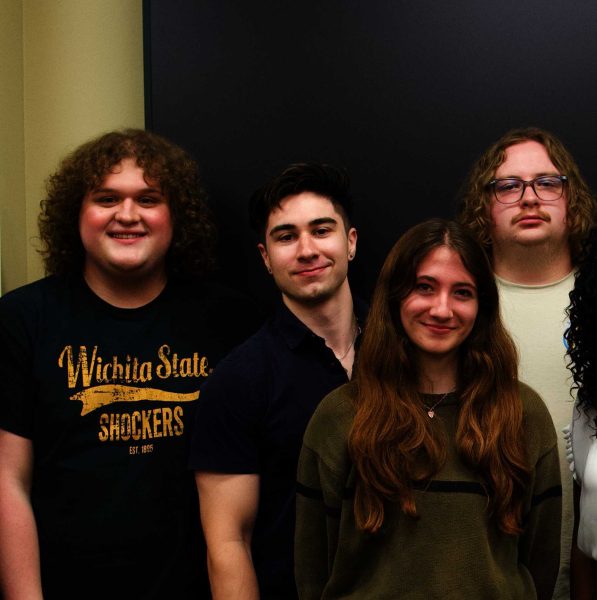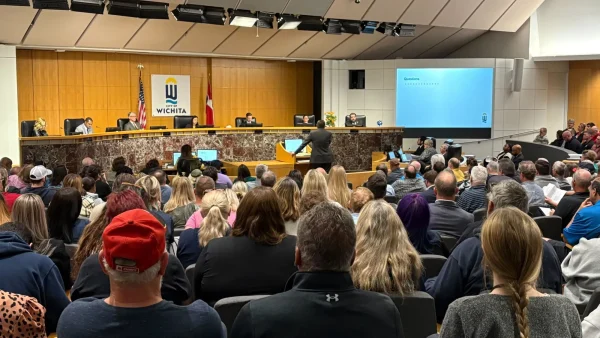Trust, but verify: WSU statistician says paperless ballots undermine democracy
As election day nears, Beth Clarkson, WSU statistician and election activist, warns that the voting process, particularly with electronic voting machines, may be manipulated.
“The evidence I have has been very troubling to me,” Clarkson said. “It indicates that electronic voting machines and electronic counting are all very suspect.”
Clarkson, who fought in court for the right to investigate irregular voting patterns, said the statistical evidence fits with the hypothesis of voter fraud, according to her analysis.
“That doesn’t mean fraud has occurred, but it basically says, ‘Yeah, we need to look at this closer and check,’” Clarkson said.
Clarkson said that if someone were to try to perform election fraud, they would concentrate their effort on larger precincts. Concentrating on larger precincts, Clarkson said, helps avoid unwanted scrutiny.
The research and statistical analysis she has done supports this large precinct theory.
Clarkson said that while election fraud “certainly didn’t get invented with computerized voting machines,” computerized voting machines make fraud the easiest to perform.
Clarkson said the current law does not allow anyone to audit electronic voting records.
“Essentially our electronic voting process and counting process is completely non-transparent and dealt with by coders who work for private companies and not by people who are employed by the state,” Clarkson said.
Clarkson said the one exception to that is the state of Oklahoma, which does its own programming.
“They don’t show the same level of problems. There are some signs but it’s not as clear cut. It’s more of a ‘yeah, that’s kind of weird — maybe we should investigate,’ but it’s not like Louisiana where it’s entirely paperless, so there’s no paper trail at all.”
Clarkson said voting machines without paper trails are the most suspicious. Machine counted paper ballots are also suspicious, Clarkson said.
Counties that still hand count don’t show any signs, Clarkson said.
“That to me is the most damning indictment.”
Though her research has focused mainly on state elections, Clarkson said election fraud may be as widespread as the national election.
Clarkson said she thinks it’s curious that the two most unpopular candidates ever won the Republican and Democrat nominations this year.
“The Democratic primary race — there were so many issues that point to election fraud,” Clarkson said. “It was horrifying to me. Even in the Republican race there are indications that they tried to basically steal votes from Donald Trump to give to other candidates in various states.
“I will say this — I think Donald Trump legitimately won the popular vote. I cannot say the same for Hillary Clinton.”
Clarkson said the dysfunctional voting system that she perceives is a direct result of the fact that America doesn’t have a functioning democracy anymore.
“We seem to have a fake democracy. Why should we have faith in a system that we can’t verify?”

Andrew Linnabary was the 2018-2019 Digital Managing Editor of The Sunflower. He studied journalism and minored in English. Linnabary is from Wichita, Kansas.









